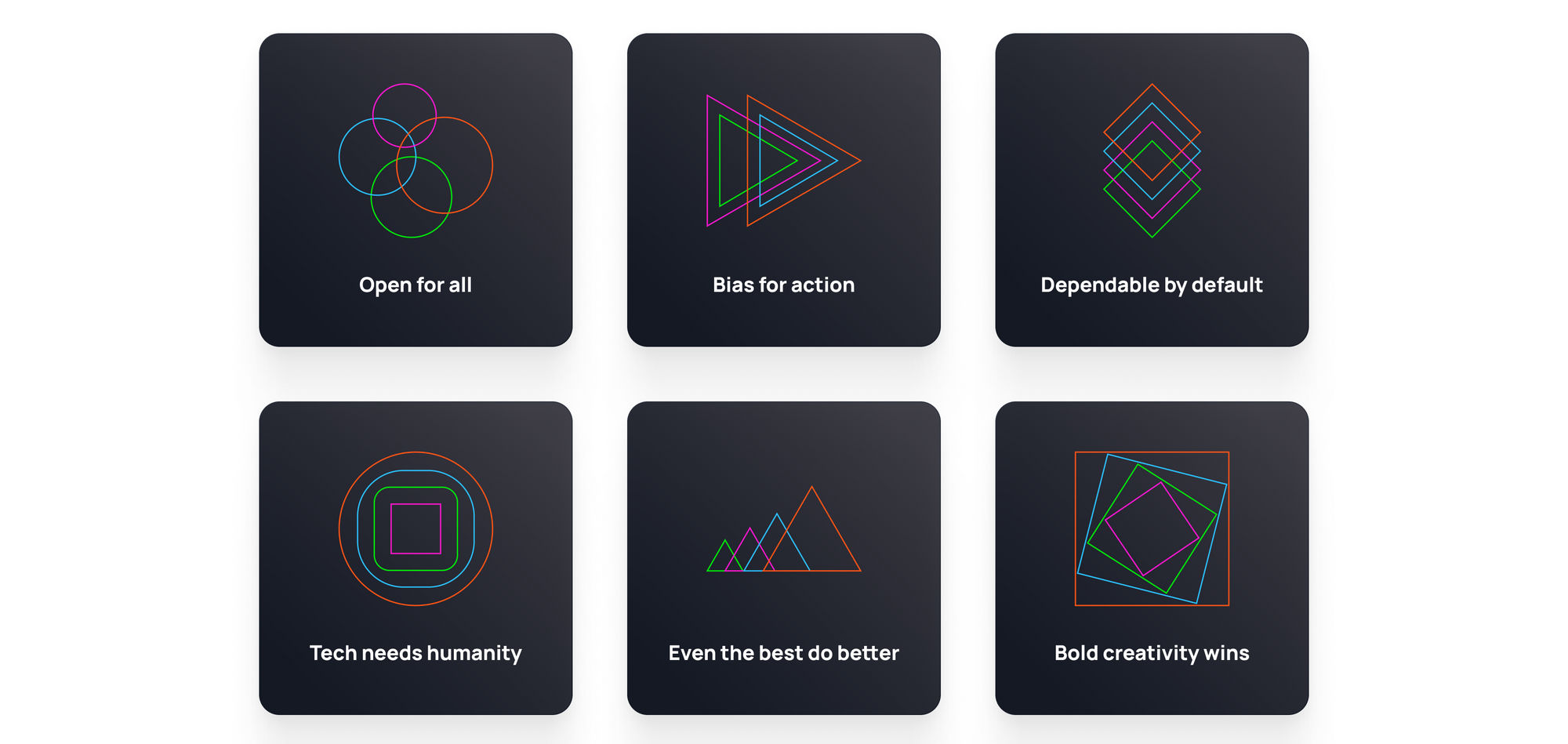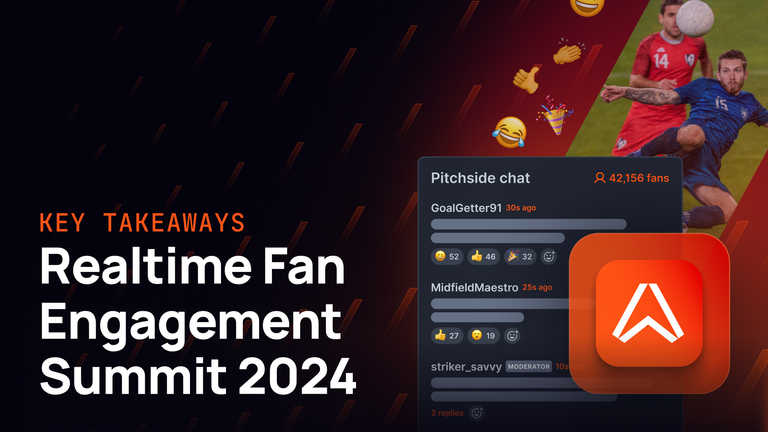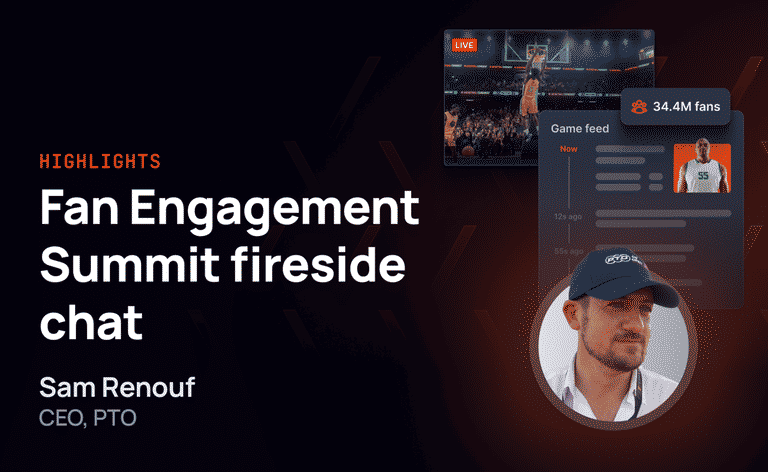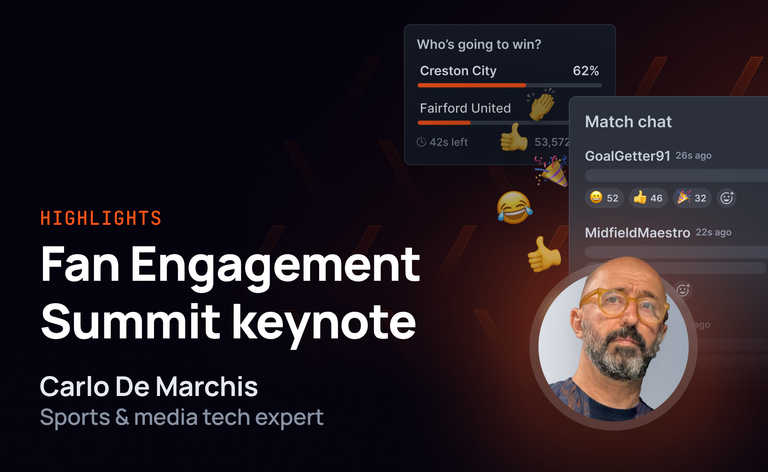At Ably, the technical capability of our products is what differentiates us in the market. We operate in a complex problem space, where some of the world’s biggest and most innovative companies depend on us to provide realtime experience infrastructure that works at any scale. Delivering a service like this requires deep technical knowledge and expertise, so making sure we’ve got the right people, with the right skills, in the right place, at the right time, is absolutely critical for our success.
This is easier said than done. It’s one thing to have an understanding of the role that top-tier talent plays in the company’s success; it’s another thing to identify, hire and develop that talent. That’s where the real challenge lies and without the right structures and processes in place, it’s a challenge we’re unlikely to meet. We’ve gotten pretty good at hiring over the years but recruitment is a complicated business and, as with many things at Ably, we’re driven by the principle of continuous improvement.
One of our core company values is “Even the best do better” and we apply this approach rigorously to how we think about hiring. We don’t claim to be perfect or have all the answers, but what we do have is a culture that encourages feedback and reflection and a collective desire to improve and innovate. In Talent, we take a regular retrospective look at the effectiveness of our hiring practices and when we see an opportunity to do something better, we act.
I joined Ably back in 2021 with a remit to scale the team. One of the first questions I wanted an answer to was: what are the attributes of a successful hire here? Or, to put it another way, what do the folks who really thrive in this environment have in common? Given the nature of the work we do, I’d expected to see a positive correlation between strong technical performance in interviews and overall performance in the role during the first six months, but what we discovered when we dug into it was surprising: yes, technical skills are critical for success but ultimately they’re just the baseline. The clearest indicator of whether a candidate will excel at Ably is having a strong natural alignment with the company culture and values.
As a values-led company, we saw this as a positive realisation. It served as further evidence that we’ve built a company culture that is tangible and definable. But the (not insignificant) problem we had is that our interview process didn’t give candidates enough opportunity to demonstrate our values. We had a high degree of confidence in our ability to assess a candidate’s technical level, but we needed a more deliberate approach to assessing non-technical skills and competencies, in line with Ably’s values - not at the expense of technical skills, but in addition to them. Really, we needed to make sure our non-technical bar was just as high as our technical bar.
This meant a fundamental change to how we hire at Ably. It wasn’t just about introducing a new interview format (although we did that) or creating new scorecards (we did do that too) - in order to address the shortcomings in our assessment process we needed to re-establish what a successful hire looks like and make sure our team is equipped to identify it.

With the Ably values as our guiding principles, we thought deeply about the mindset and behaviours that set up new hires for success. We know some of these values are broad (by design) and their application can vary depending on the situation. It's also true that what constitutes “Bias for action” or “Dependable by default” at one company, might not deliver the results we expect here. So really, what we’re looking for are indicators that the candidate thinks about these things in the same way we do and that they’ve got the tools to thrive in a high-calibre, fast-paced environment where autonomy is highly valued.
Exploring this in an interview setting necessitates a deeper line of questioning, in order to identify evidence of specific traits that align with our values. For example, when we talk about “Bias for action”, what we’re really looking for are things like resourcefulness, an innovative approach, the ability to see the bigger picture and the flexibility and ability to overcome blockers consistently. Qualities such as having a product-driven mindset and a strong focus on customer outcomes are also positive indicators, as is comfort working in an environment where you won’t have the level of support you might find in a larger, later-stage company. We also now look for certain “macro” attributes that we know future top-performers are likely to demonstrate: drive with resilience and grit, intellectual curiosity and capability and leadership qualities (comfort assuming responsibility, the ability to build consensus, etc.).
We're now better equipped with the data we need to make good hiring decisions,, more confident in our ability to identify folks who will raise the bar, and better at setting them up for success once they join. We’re committed to only hiring individuals who will raise the standard of the existing team, from both a technical and non-technical perspective. This brings challenges and can mean it takes longer to fill vacancies, but we’re confident it’s the right thing to do. In a changing technology landscape, where companies (Ably included) aren’t hiring at the rate they were a few years ago, the success of every person we bring into the business now is much more important, and their contributions are more keenly felt and impactful. Maintaining a high standard is essential if we want to build the best team possible.
We know it also means there’ll be hard choices on occasion, and instances we might miss out on strong technical skills if a candidate doesn’t meet the bar for culture and values alignment. We’ve made our peace with that. We also feel a strong responsibility to everyone who interviews with us to ensure they understand the environment they’ll be coming into. Yes, you’ll get the chance to contribute to an amazing product, be part of an exceptionally talented team and have opportunities to accelerate your career that you won’t get elsewhere, but you also have to be comfortable with the other side of working at an early stage company with our level of ambition - things move quickly and the pace can be challenging, everyone needs to be self-sufficient and able to thrive in ambiguity and there is always an element of risk involved: startups pivot, and strategy and direction can change.
The rewards are immense but, as ever, they’re not without trade-offs and Ablyans need to be comfortable with those trade-offs. We believe in what we’re doing and it’s safe to say it’s been a success: we’re seeing happier teams, individuals who have more purpose, who are more productive and better suited not just to the work we do, but how we do the work we do. This approach helps to raise the talent bar of the entire company and ultimately there’s nothing more important when it comes to Ably’s success.




